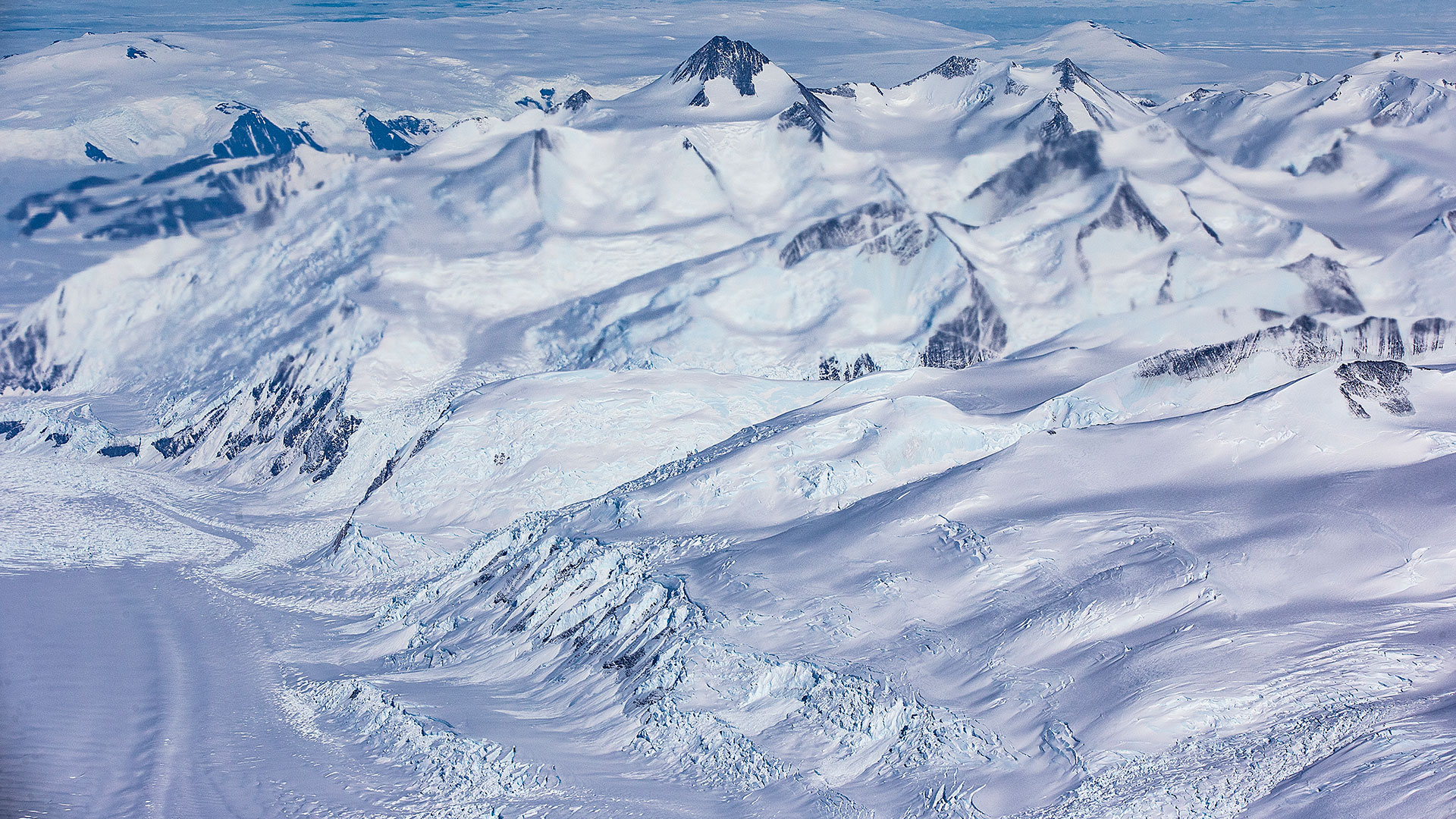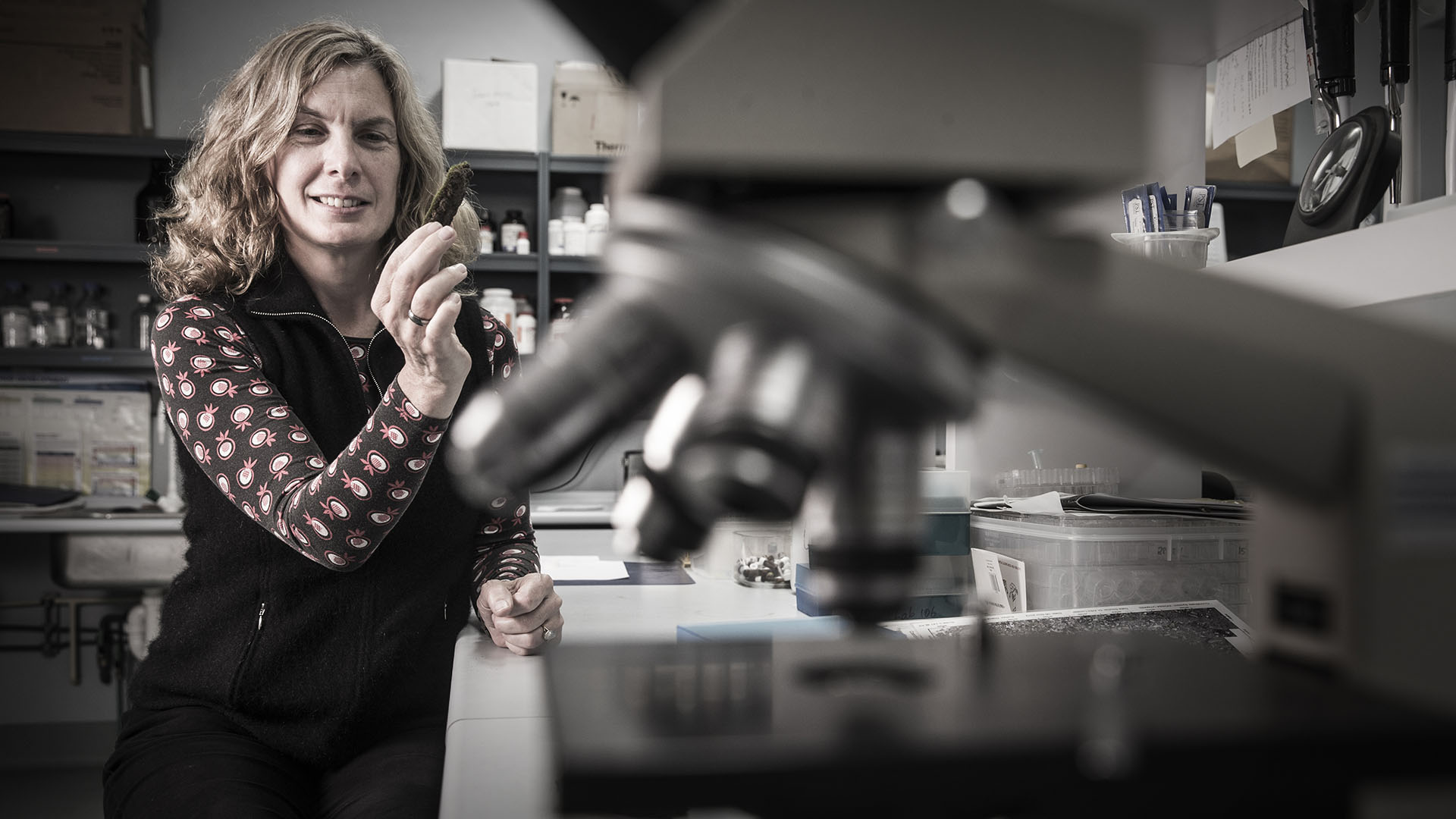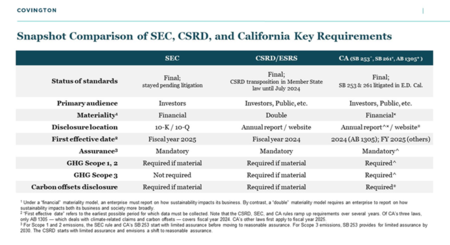Globally significant research in biodiversity, weather and climate change

University of Wollongong (UOW) researchers will play a leading role in the new $56 million Australian Research Council (ARC) Special Research Initiative in Excellence in Antarctic Science, announced by Federal Minister of Education Mr Dan Tehan today (Tuesday 21 April).
“Antarctica is the coldest, most remote continent on earth, but the scientific research that takes place there is of global significance,” Mr Tehan said.
“Antarctica can tell us more about the development of biodiversity, global weather patterns and climate change.
“The research team will bring together a diverse field of expertise with 29 collaborating partners to address Antarctica’s challenges. This research project will demonstrate Australia’s leadership in Antarctic Science and strengthen our relationships with Antarctic Treaty nations.”
As part of the Special Research Initiative, $36 million has been awarded to a research program, Securing Antarctica’s Environmental Future (SAEF).
SAEF will deliver world-leading research that will forecast environmental change across the Antarctic, deploy effective environmental stewardship strategies, and secure Antarctica as a natural reserve devoted to peace and science.
It will be led by Monash University and bring together researchers from UOW, the Queensland University of Technology, University of New South Wales, James Cook University, University of Adelaide, the Western Australian Museum, and the South Australian Museum.
Also involved are peak industry bodies, including the Australian Antarctic Division, and Geoscience Australia, Australian Nuclear Science and Technology Organisation, and the Bureau of Meteorology.
SAEF will also link with the Antarctic national programs of Chile, Norway, South Africa and the UK, and with the Department of Conservation in New Zealand.
Monash University’s Professor Steven Chown will be SAEF Director. UOW’s Senior Professor Sharon Robinson will be Deputy-Director (Science Implementation).
Professor Robinson is an international expert on how climate change impacts Antarctic terrestrial communities and leader of UOW’s Sustaining Coastal and Marine Zones Global Challenge
“This Special Research Initiative is a wonderful investment in Antarctic Science by the Federal Government,” Professor Robinson said.
“It has enabled us to build an integrated program which will be the first in world to bring together the best Antarctic physical scientists with marine and terrestrial biologists. This interdisciplinary expertise will allow us to understand how Antarctic climate is and will change in future and, what this means for Antarctic Biodiversity.
“Using this unique data, we will work with National programs in Australia, and around the world, to enable them to make the best decisions for future Antarctic environmental management.
“The global uniqueness and benefits of this approach are clear from our partners in the Norwegian Polar Institute who are excited about the possibility of applying these methodologies in the Arctic.”
UOW will contribute to all the three themes of SAEF. Climate scientist Associate Professor Helen McGregor will co-lead the climate theme.
Statisticians Distinguished Professor Noel Cressie and Dr Andrew Zammit-Mangion contribute vital climate modelling, allowing SAEF to statistically downscale from climate models to smaller, more biologically appropriate scales.
Senior Professor Pascal Perez and Dr Johan Barthelemy will use smart sensing technologies to remotely monitor Antarctic ecosystems. Distinguished Prof Stuart Kaye is the team’s expert on environmental law and Antarctic policy.
“On a personal level, I am really excited to have this opportunity to work with so many of the best Antarctic researchers, in Australia and overseas, to ensure a brighter future for Antarctic ecosystems,” Professor Robinson said.
“This is a great example of research with far reaching environmental benefits. It will also train the future Antarctic workforce, equipping them with the interdisciplinary skills, which are essential to deal with the complexities facing Antarctica, and the world, over the coming decades.”

Senior Professor Sharon Robinson in the lab. Picture: Paul Jones, UOW








